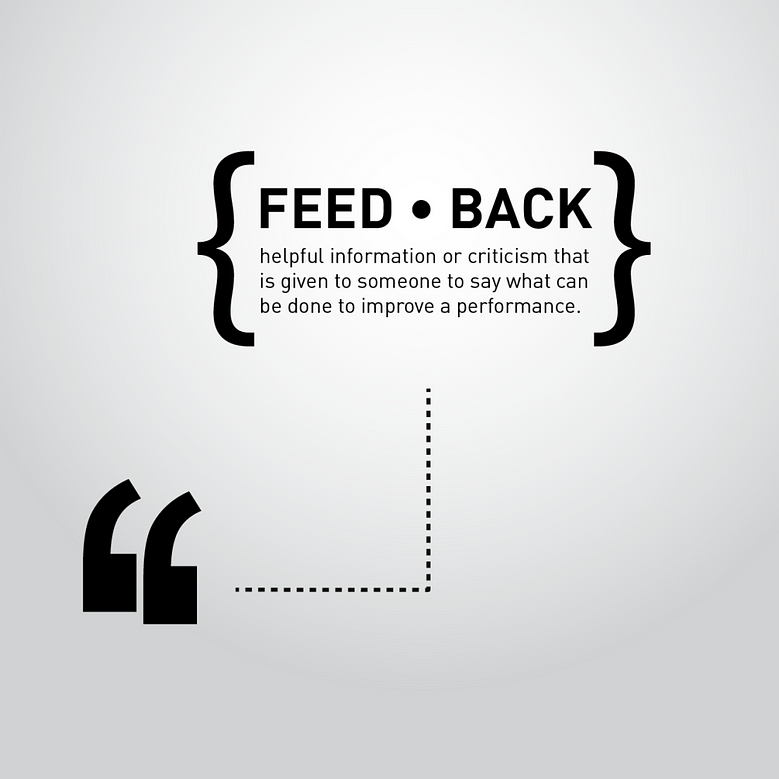
Feedback is fundamental to great leadership performance.
Average players want to be left alone. Good players want to be coached. Great players want to be told the truth. – Doc Rivers.
Interesting quote, right? Not only is it a true statement for sports but it is also applicable to traditional workplaces. You probably know at least one co-worker who fits each scenario. It’s particularly relevant now that most organizations are in the midst of end-of-year performance dicsussion.
Exchange the word “leader” for “player” in the quote above, and BAM! It feels even more impactful. Let’s focus specifically on the last sentence – Great “leaders” want to be told the truth.
Is that accurate for you? Or does your leadership style prevent peers, direct reports and other colleagues from approaching you with differing opinions. To be clear, I am not asking whether people like you in the office but rather if you are approachable and known for being open to receiving constructive criticism and suggestions.
Great Leaders Ask for Feedback
Actions speak louder than words, so answer me this: During the last round of performance review conversations, did you ask for feedback from your direct reports? Did you proactively solicit input from your peers?
I’m willing to bet that most people reading this would answer ‘no’ to both questions for one of three reasons:
1. You don’t care what others (besides your boss) think about your performance or leadership.
2. You feared asking because you’re concerned about the feedback you might receive or you knew that if you asked, you would have to take action. Or
3. It didn’t even occur to you to ask anyone for feedback (there could be several reasons for this).
But if you aspire to be a great “player” or a great “leader”, then greatness requires a little humility as well as a commitment to continuous improvement, part of which is getting honest, constructive feedback from multiple sources. If feedback from others is not flowing organically, then you should be asking for it regularly.
Important Tip: When conducting performance conversations with team members, two open-ended questions you could easily interject into the conversation would be:
1. What feedback do you have for me about our work together or my leadership?
2. How else can I support you in your role?
And remember, it is not enough to just ask for feedback. Once you have it, you must either act on it or if you will not be taking action, then you have to be transparent about why not. This is critical to sustaining your credibility.
Feedback is an important part of growth and development. As leaders, it is our responsibility not only to provide feedback to others but also to collect and address feedback for ourselves. Feedback is fundamental!
Visit our site for more practical leadership tips and advice.




